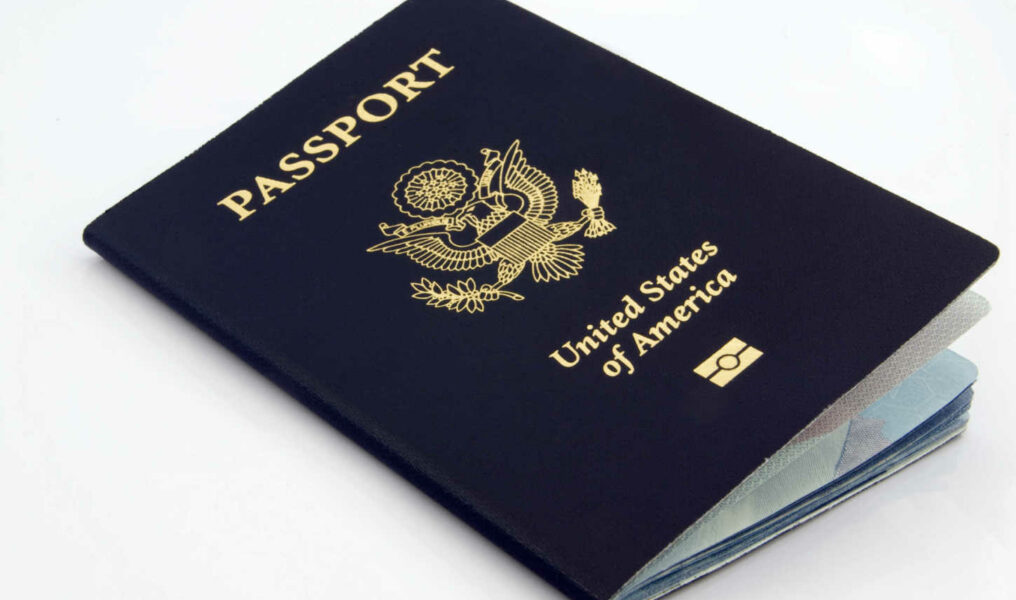The U.S. Department of State issued the first passport with the gender marker "X" on Wednesday. Dana Zzyym revealed themselves as the recipient of the passport. Zzyym, a Colorado-based intersex activist, has been battling the State Department since 2015 to be issued a passport that accurately reflects their gender identity.
Born with ambiguous physical and sexual characteristics, Zzyym underwent several unsuccessful surgeries to appear fully male. Zzyym, a Navy veteran who served as a male, identifies today as intersex. They told the Associated Press following receipt of the new passport that they went through the legal ordeal to help the next generation.
"I'm not a problem," said Zzyym. "I'm a human being. That's the point."
In June, Secretary of State Antony Blinken announced that the State Department would start offering a third gender option and that applicants would no longer be required to provide medical documentation and could simply self-identify.
While Zzyym has their new passport, the State Department does not plan to begin issuing additional passports that include "X" gender markers until early 2022 to allow the U.S. Office of Management and Budget to approve the required form updates.
Erin Knott, executive director of Equality Michigan, acknowledged the precedent the new policy will set.
"Equality Michigan applauds the U.S. Department of State for this historic move," she said. "The issuing of the first U.S. Passport with a non-binary gender marker affirms the rights of intersex, gender-nonconforming and non-binary people. Inclusive policies that reflect a person's true identity in government documents not only treat people with fairness and respect, they will also help to reduce the risk of discrimination and harassment."
Affirmations Behavioral Health Program Manager Zoe Russick Steinfield agreed.
"I think this policy provides greater flexibility for many non-binary and intersex people who wish to not be miscategorized as male or female on their documentation, and within our flawed current system, this is a positive step for many," Steinfield said. "At the same time, I recognize the valid fears of those non-binary and intersex people who worry that this provides a more effective way for authority figures to identify them and subsequently discriminate against or mistreat them. I fundamentally question the need for our identity documents to specify anything about gender at all."
Still, Steinfield said she believes representation of intersex people is vital, a sentiment echoed by Knott.
"This change signifies that our community's natural diversity is increasingly recognized by society at large," Knott said. "This comes with its own inherent benefits and costs in the current moment, but I am hopeful that it is a net positive thing in the long run."












